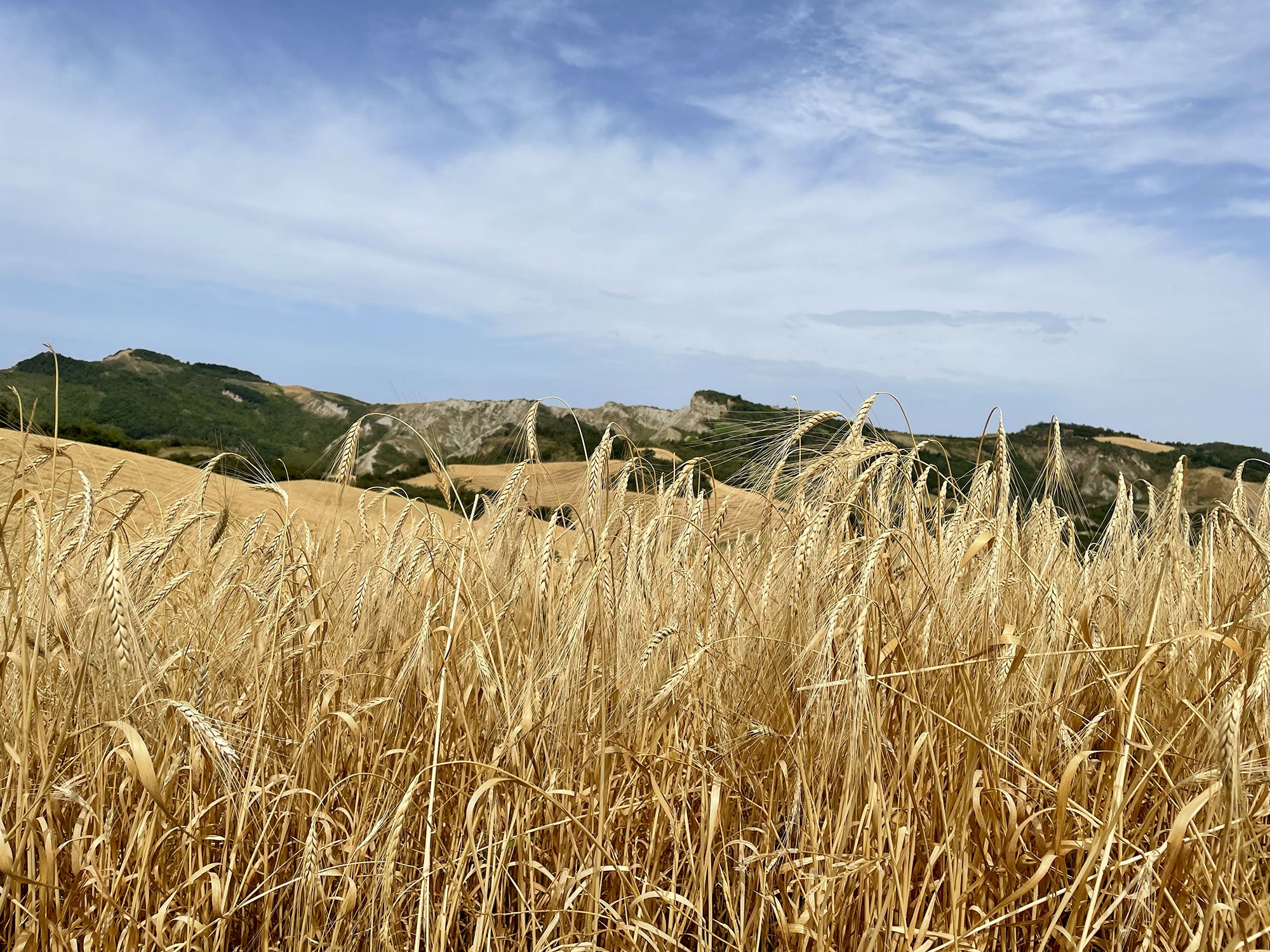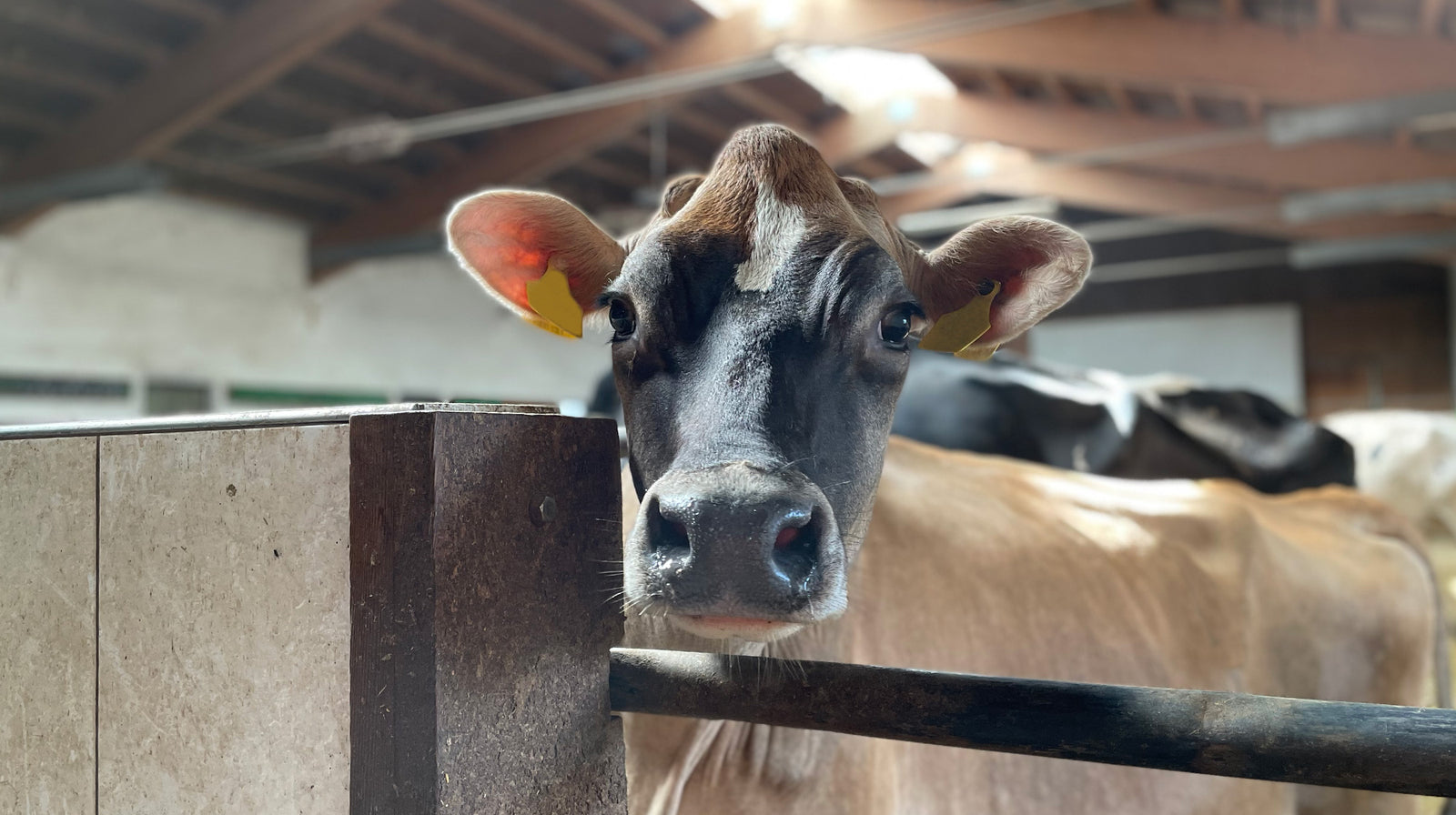Why saving pollinating insects, such as bees, means saving humanity and biodiversity in its entirety.
We know why they are disappearing, now we just need to implement the solution, or rather ban neonicotinoid pesticides once and for all.
Colony collapse disorder (CCD) is a plague that strikes worker bees and other species of pollinating insects living in the USA and Europe. The need to give a name to this phenomenon and, more generally, to what is happening to bees across half the globe emerged after a serious drop in the number of hives and level of honey production seen in 2006, even though organisations working to preserve bees along with other international agencies concerned with food and diet had already begun to note and study this phenomenon in the early ‘90s.
All because of neonicotinoids
Following the extraordinary blight of 2006, the United States and the European Commission began to collect data and conduct research to understand the reach of the phenomenon and identify the reasons for it. Pesticides, parasites, loss of habitat. Many causes were identified, but now the finger is largely pointed at neonicotinoids, three insecticides introduced on a wide scale, coincidently, at the exact time the depopulation began. Neonicotinoids are used in agriculture to protect corn seeds and other crops and act on the nervous system of insects and parasites. An effect that also regards pollinating insects, essential for the world’s food safety. The topic chosen in 2016 by the United Nation's Food and Agriculture Organisation (FAO) to celebrate World Food Day on 16 October is in line with the need to protect bees. Exactly ten years after the explosion of the blight, the FAO requests support for small-scale farmers in order to improve food safety, reduce the use of chemical substances and, consequently, reduce the CO2 emissions that cause global warming.
The global economy is at risk
A decision shared also by investors and, more generally, by the financial sector, because the mass death of bees exposes them to enormous financial risks. The same United Nations have sent out a warning in this sense. Pollination actually guarantees the reproduction of more than 80% of vegetable species and it is estimated that the financial contribution bees make to the farming sector equates to 22 billion Euro per year, according to data from the International Union for the Conservation of Nature (IUCN).
What the European Union is doing
While June saw France approve the introduction of a total ban on the use of neonicotinoids in farming as of September 2018, the European Union has decided to take small steps, implementing a preventative but temporary ban. Having asked EFSA to provide an opinion as to the effects of neonicotinoids, Brussels decided to ban them as of 1 December 2013, adopting a precautionary principle, or rather reacting “quickly in the face of a possible danger to human, animal or vegetable health, or rather for the protection of the environment”. In this way it has avoided having to wait for the availability of data clear enough to establish who is to blame. The latest EFSA opinion is excepted in January and will take into consideration “new data resulting from studies, research and monitoring that has come to light since the completion of previous evaluations”. One example is a British scientific study that has demonstrated the negative impact of pesticides on populations of 62 species of wild bees across Great Britain over a period of 18 years.
What the USA is doing
For his part, president of the United States Barack Obama has created a task force involving various American departments to “understand, prevent and save” pollinating insects from decline. Today there are 2.5 million bees with “stars and stripes”, in 1947 there were 6 million. So less than half remain. But the budget set aside for 2015 amounted to just 50 million dollars. Chicken feed compared to the economic contribution bees make to the American economy.
Although science needs time to confirm the evident proofs that bee-keepers and honey producers the world over have cited for years, the studies conducted up until now all lead to the same conclusion: banning neonicotinoids is now essential in order to prevent the disappearance of the most important living creatures on Earth. To prevent the decline of biodiversity. To prevent the disappearance of humanity. It is time to ban neonicotinoids and all chemical substances that are threatening the natural and perfect balance of our unique planet.







